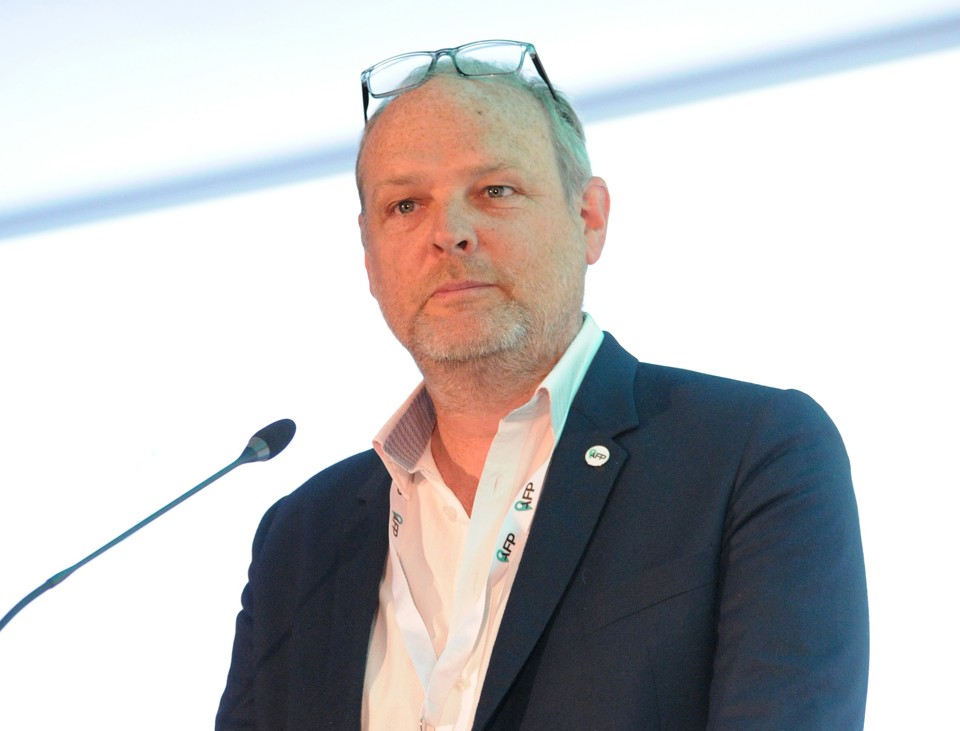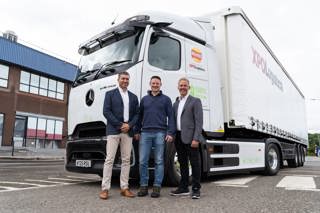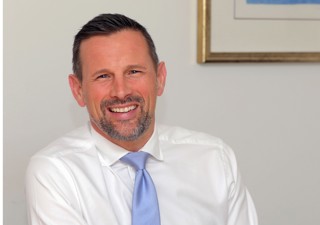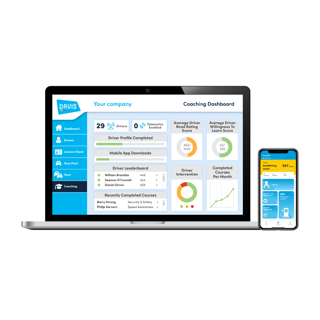By Paul Hollick, chair of the Association of Fleet Professionals (AFP)
Mention decarbonisation and there is perhaps a general perception that you are talking exclusively about electrification.
However, at the Association of Fleet Professionals (AFP), we are seeing much more diverse activity in this area, something discussed at our recent conference.
Delegates heard from a variety of experts about wider strategies designed to reduce CO2, especially among van fleets. Job one, it was agreed, was the need to really understand what is happening on your existing diesel fleet.
Major gains can’t easily be made without knowing the distances, routes and loads that your existing vehicles are covering.
If you ask most van drivers, most will say they need a large panel van that can travel at least 300 miles in a day.
Collect the data and it is likely to tell a very different story.
For instance, you may only need that panel van for unusually large loads that are carried half a dozen times a year, while a much smaller, much less polluting model will do the job for the rest of the time, a situation that can be covered by swapping or renting a bigger van when needed.
A series of relatively small advances can be just as important as a big ones.
The same principle applies to distances. You may find that a significant section of your fleet only covers more than 100 miles in a day very occasionally and again this opens up the door to alternatives.
Carrying out this kind of rightsizing exercise can have a dramatic impact on the level of CO2 that your fleet is producing.
Of course, it enables you to identify areas where electrification can be carried out and in the most extreme cases, some van fleets have even been able to swap their existing large diesels for electric cars, something that is popular with drivers and helps drive decarbonisation.
However, where an electric van is currently unsuitable, it also helps you identify where smaller, much less polluting diesel options are available.
The van market of 2024 is probably more diverse than at any point in the past, and there is almost certain to be a vehicle that matches your fleet needs and brings with it much lower emissions.
In a world where van electrification is clearly going to be a gradual process, these are important stepping stones to a zero emissions future.
Another area where AFP members are making strides over decarbonisation is by working with their supply chain to continually drive reduced CO2.
Everyone needs to be committed to this project and its aims – from manufacturers to maintenance providers to telematic companies and more – in order to maximise efforts but the results that AFP members are achieving can be extremely worthwhile.
A series of relatively small advances can be just as important as a big ones.
Aligned with this is the need to be aware of the latest in best practice. Working towards zero emissions is probably the single most discussed subject within the AFP, and fleet managers are very willing to talk about their experiences via our many forums, we find.
Above all, it’s important to recognise a fact mentioned several times at our conference, that dramatic results are rarely achievable overnight. Decarbonisation takes time.
Most fleets are on a journey from a diesel past to a zero emissions future, and few can estimate exactly how long that will take. Instead, set realistic objectives and look to advance year by year.




















Login to comment
Comments
No comments have been made yet.